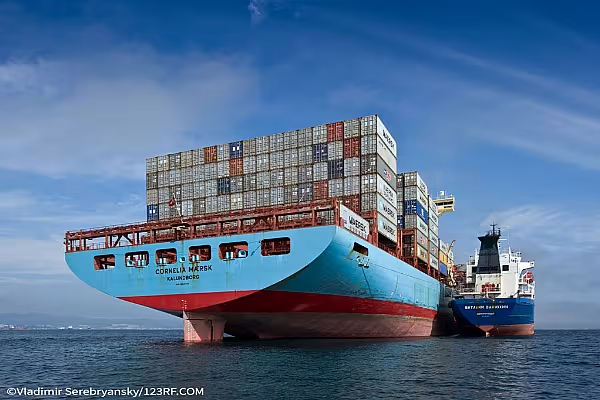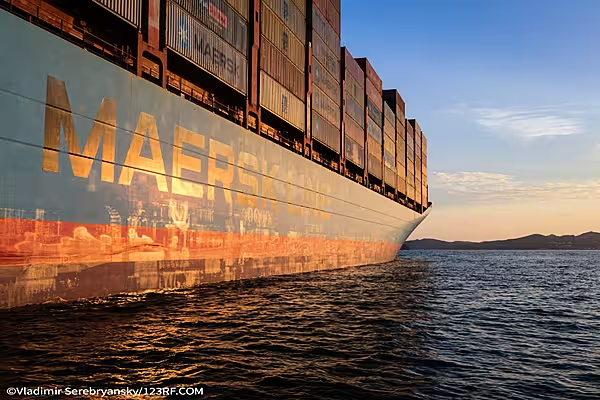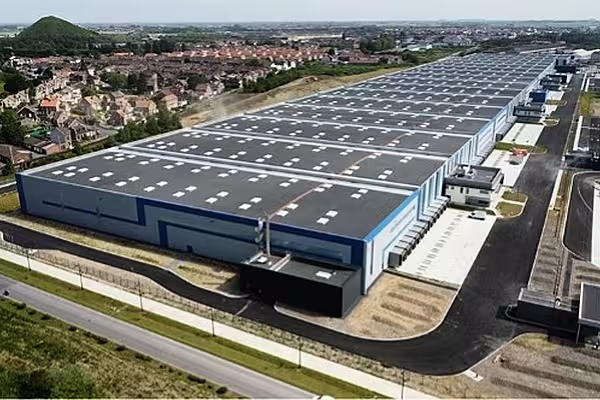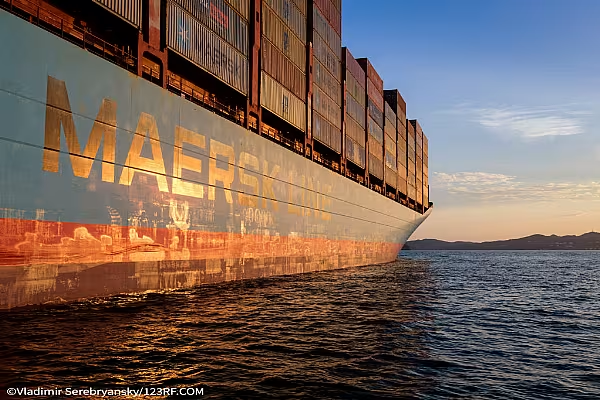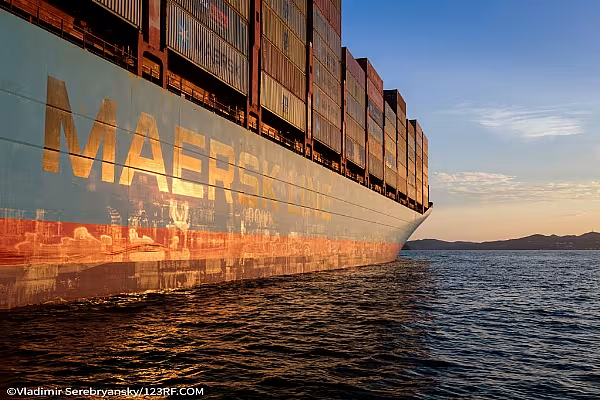In the most recent edition of ESM, as part of our Sustainability 2022 feature, we spoke to a number of top executives working across the global retail and consumer goods landscape about how they are seeking to set a high bar when it comes to sustainability.
Mads Stensen, Senior Sustainability Developer, A.P. Møller – Mærsk
COVID-19 has impacted our employees and our customers' employees significantly over the past one and a half years. Maersk has done our upmost to support our seafarers in this difficult period, and we have also done all we could to collaborate with authorities around the work to solve this significant problem.
COVID-19 is also significantly impacting global trade of goods and caused significant delays around the whole world. Our customers are not receive their goods in time and as expected. This is currently causing significant disruptions worldwide, and we do not know how long this will last.
That said, COVID-19 has not impacted the broader sustainability interest in a negative way; exactly the opposite has happened. Sustainability has only risen higher on our and our customers' agenda during the pandemic.
A Strategic Imperative
Sustainability, and especially climate change has become a strategic imperative for Maersk and we are integrating sustainability across our business and into all relevant functions. Sustainability is an important board and c-suite discussion topic in Maersk and our management, our owners and all the way down to the individual employees are fully engaged in this.
There's no doubt that sustainablity has become a 'need to have', and we simply risk becoming irrelevant as a business if we do not take this role upon us and integrate sustainability into all relevant business decisions in our company.
Climate change is not a temporary issue, it’s a systemic significant challenge and it will not solve itself short-term. Our industry is a significant contributor to global GHG emissions, and so is Maersk.
At Maersk, we want to do the right thing and we are well-positioned to do so with our size and industry reach. We have the opportunity to be a key driving force in decarbonizing shipping and logistics, and we are both able and willing to take that role on. In 2018, we established our net-zero carbon emission target for 2050, and in recent years we have intensified our efforts significantly.
Since we established our 2050 net-zero ambition, we have intensified our decarbonisation efforts. Through our fuel efficiency efforts we have cut CO2 emissions in half per container transported within the past 10 years.
Alternatives To Fossil Fuels
This is a fantastic achievement, but we have also realised that fuel efficiency will never take emissions to zero, as our absolute CO2 emissions are more or less at the same level today as they were 10 years ago, as our business has been growing in the same period. Only alternatives to fossil fuels can solve the issue, and the use of alternative 'green' fuels is the only way forward.
Today, Maersk has the first low-carbon transport solutions through our Maersk ECO delivery programme, where we sail on sustainable and low-carbon biofuel instead of fossil fuels. We see a very high interest in this solution from many of our customers and the interested in only increasing.
A key challenge going forward is to sourcing an adequate amount of low-carbon alternative fuels as we do not have enough biofuel to cover our full need in the future and low-carbon methanol or other alternative fuels are not available in the market in large amounts yet. We need a significant production ramp up of low-carbon methanol and other alternative fuels.
With our investments we are sending a firm signal to fuel producers and innovators that sizeable market demand for the alternative green fuels is emerging at rapid speed.
Read More: Shipping Group Maersk Triples Quarterly Profit Despite Lower Volumes
© 2021 European Supermarket Magazine. Article by Stephen Wynne-Jones. For more Supply Chain stores, click here. Click subscribe to sign up to ESM: European Supermarket Magazine.
